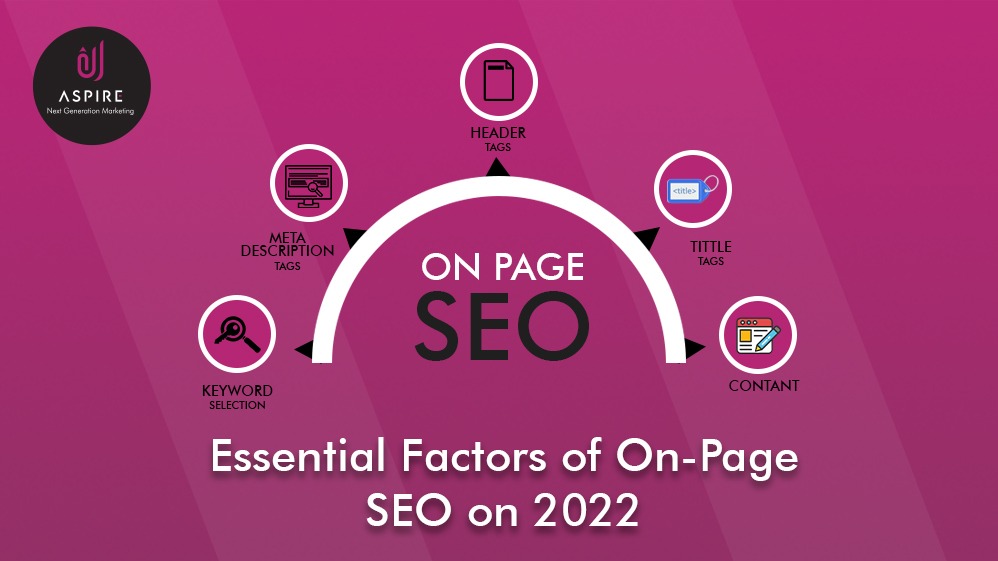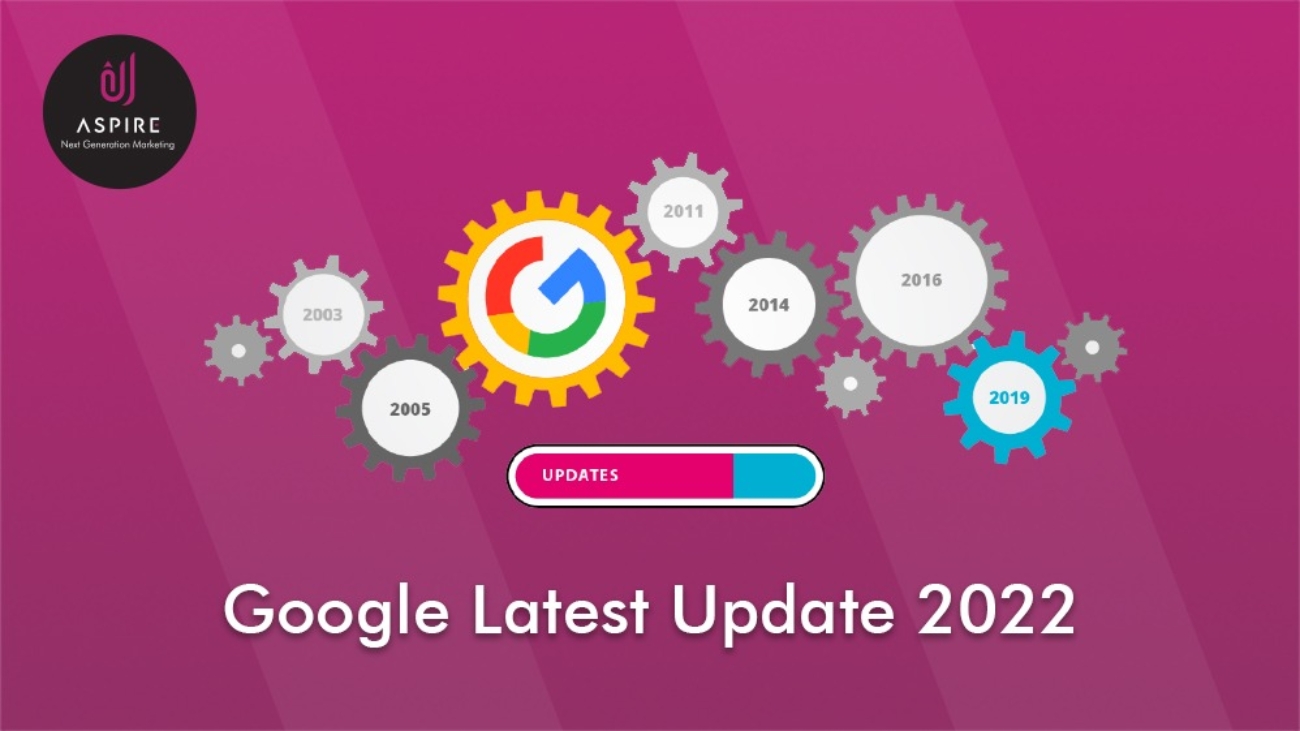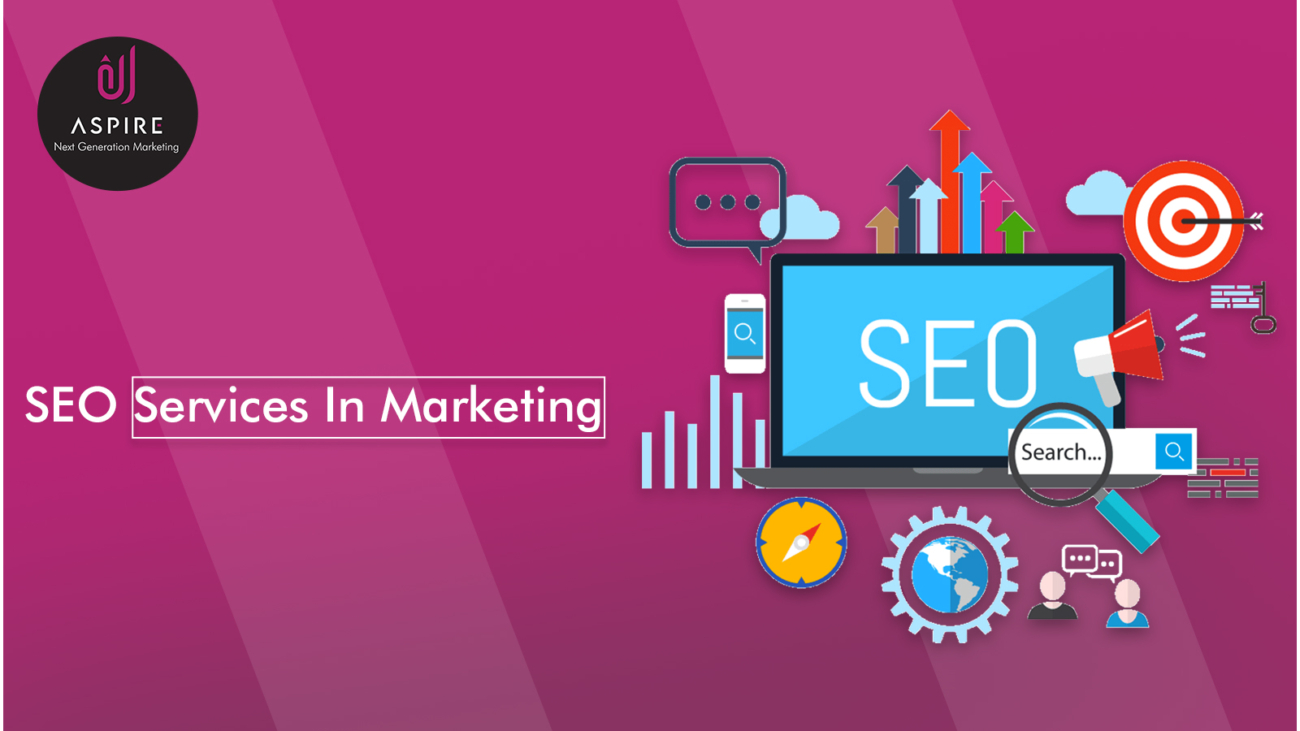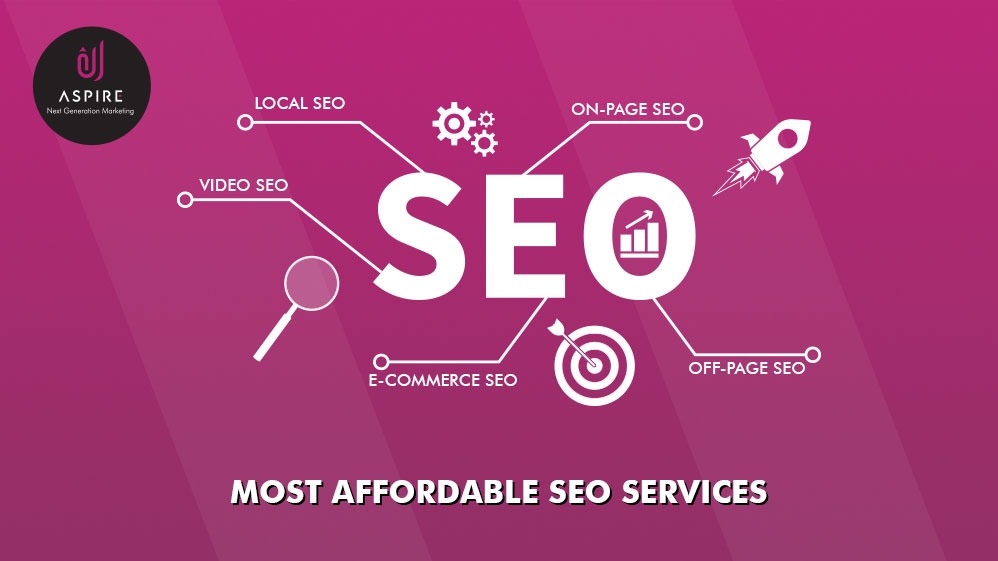
Essential Factors of On-Page SEO :
Everyone wants their page to grow and rank in the search engines. Succeeding in search today is quite a thing. It requires optimisation for a combination of factors that are considered important in the search engine criteria.
The three vital parts of the search engine are technical, on-page, and off-page.
People have always focused more on off-page techniques such as link building and other technical elements, which is fine, but what is more important is on-page SEO. Without on-page SEO, off-page SEO won’t do much good.
So, paying attention to the fundamentals of on-page SEO is essential.
Smart SEO practitioners know that on-page optimisation should be checked and prioritised. The search engine keeps evolving, so maintaining your on-page SEO is a necessity.
In this blog, we will get to know what on-page SEO means, why it matters so much for search engine optimisation (SEO), and some of the most important on-page SEO considerations today.
What is On-Page SEO?
On-page SEO is also known as on-site SEO. On-page SEO is the practice of optimising web page content for search engines and users.
When it comes to determining essential on-page SEO practices, these include optimising title tags, content, internal links, and URLs. It improves the website’s search engine rankings and earns organic traffic. It also means making sure your website has a high level of expertise, supremacy, and trustworthiness.
These are some of the different facets of a webpage that, when combined, improve the visibility of the website in the search engine.
Importance of On-Page SEO :
On-page search engine optimisation helps the search engine analyse the website and the content in it and eventually see whether the searcher’s query is related and relevant to your site.
Google’s algorithm keeps updating frequently so it can better understand a user’s intent and deliver search results according to the user’s needs. And, as Google’s algorithm keeps on updating, even your website should update from time to time.
Another thing that is important here is that your website and content, including what is visible to users and search engines, are up-to-date and optimised according to the latest practices by big companies like Google and Bling.
This way, search engines can understand your site and how to rank it. In terms of the Google algorithm update, Google is now better at: Understanding what users are actually searching for when they type a query delivering results according to the user’s intent.
On-page SEO is absolutely vital, and you can’t just avoid it. You have more control over your website when you optimise for on-site elements in comparison to off-page SEO, which consists of external signals like backlinks. Putting the right amount of effort into your on-page strategies can also boost your traffic and increase your search presence.
Okay, now let’s go through some of the most important elements of on-page SEO. These 10 factors related to on-page SEO will help you increase rankings and traffic and will also improve your content.
E-A-T :
So, the first and most important factor in on-page SEO is E-A-T. E-A-T stands for expertise, authoritativeness, and trustworthiness.
It is the framework that Google raters use to estimate content creators, web pages, and websites as a whole.
Google has always made sure that the sites produce high-quality content and put a premium on high-quality content. Good and premium-quality content is always rewarded with better rankings, and simultaneously, the site that creates low-quality content gets less visibility.
Google clearly knows that high-quality content is going to appear in the search results. All this shows that E-A-T plays a vital role in Google’s organic search results, and it surely will be included in your SEO strategy.
Title Tag :
The Title Tag, an HTML tag that exists in the head section of each webpage, provides context as to what the main subject of the particular page is. It is quite evident that it appears in the search engine result pages as well as in the browser window.
It has little impact on the rankings and is, therefore, sometimes neglected. The title tag should be properly written, as poorly written or missing title tags can impact your SEO results. Make sure to optimise this element properly.
Meta Description :
Meta description is an extremely important aspect of SEO. Meta Descriptions, or Meta Tags that provide a description of what the page is about, are displayed in the SERPs beneath the title of the page.
Meta Descriptions might not directly help with rankings, but indirectly, attributes of better descriptions do help.
Meta Descriptions can help improve the click-through rate (CTR), perception of the quality of the result, and what your website offers.
Headlines :
If you want to increase organic ranking and make your website content perform well, then start writing attractive headlines. An attractive headline can raise the interest of the user, which is why it is important to create them strategically. Your headlines should be enticing enough to spark interest and make users click on the blog and read the content.
Header Tags :
Header tags are used to identify headings and subheadings within your content. Header tags aren’t the most crucial part of your website’s ranking, but they are still of little significance.
They can also indirectly impact your SEO and ranking by making your content easier and more fun to read.
SEO Content Writing :
SEO Content Writing means writing content that will appear on the search engine, increase your organic ranking, and make the user feel excited to read the content. There has to be an effective strategy while writing content regarding SEO, and it is way more than just keyword research.
Whatever you write in the form of content must be high-quality, relevant, and thrilling enough for the user to read it.
Keywords are Important :
The more keywords you induce in your content, the better you’ll rank on the page. Let’s burst your bubble. Boom! Just adding keywords will not do any good for the page.
Targeting only a specific term across multiple pages can cause “keyword cannibalization,” which can have bad consequences for your SEO.
It is important to determine whether keyword cannibalization is present in your pageant; if it is, resolve it right away.
Content Audit :
Most marketers are so concerned about creating new content that they forget to audit the existing content. And this is not the right thing to do.
Keeping a check on your existing content is important, as it helps you evaluate whether your existing content is achieving the targeted goals and gaining the expected ROI.
Another important factor is knowing that your information is up-to-date and determining what kind of content you’re working on. A content audit is important for your SEO, and auditing should be done frequently.
Utilization Of Images :
Including images is important to make your web pages more attractive. Utilizing the right images that add value to your SEO is important. Using images can speed page load times, giving a better user experience. Just make sure that you support your content and use descriptive titles and text.
User Engagement :
User engagement is one of the crucial factors in SEO. The main thing is to keep producing content that keeps existing users glued to the website and also engages new users.
To increase user engagement, focus on aspects such as site speed, user experience, content optimisation, and others.
Conclusion :
It can be concluded that on-page SEO is extremely important, and if you want to increase your website’s ranking and also want it to show up in the SERP, on-page SEO is needed. Optimising on-page SEO on a regular basis can improve your rankings, traffic, and conversions.




